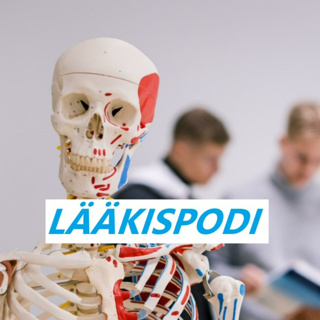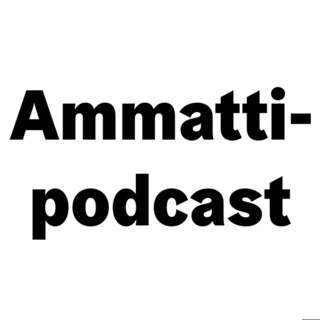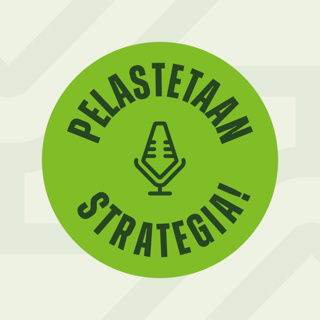
161: Evaluating Your Firm's Training
Too often clients ask the wrong questions when it comes to assessing training at consulting firms: do smaller offices have poorer training, should I attend training as soon as I join, does BCG have better training than Bain etc. When considering training you need to both consider formal and informal training. As we show, formal training is very useful, but not at all for the hard/technical skills it purports to impart on attendees. Informal training, also known as training on an engagement, is most effective when consultants can practice under diverse conditions. In other words, the more you travel and work with foreign teams, the better will be your training. Some firms encourage more global staffing and others far less. That counts.
16 Loka 201313min

160: Building Hypotheses From Data Exhibits
Reading graphs is a perennial problem for many candidates. Yet, the problem is not the interpretation of the graphical data itself. Rather, it is knowing what to do with that data once you have interpreted it. This podcast introduces a simple 4-step process we introduced for a Yale doctoral client, Felix, and a technique called the One-Sentence-Test which we again developed for the same client. The improvement in her answers warrants sharing this technique. You can see Felix's Improvement in Season One of The Consulting Offer.
10 Loka 201313min

159: What is Analytic Thinking Vs Mathematical Thinking
The first podcast discusses a common challenge new consultants face: how to show strong analytic skills on an engagement. Here I discuss one of my earlier engagements as a principal where I managed a very introverted lawyer. Despite her non-quantitative degree, reserved demeanor and being placed on a piece of work which was not, at first, open to much creativity, she developed an eminently analytic way to solve a significant problem impacting the entire engagement. This is probably one of the most concise, tailored and innovative pieces of analyses I had ever seen in my career. What makes a consultant analytic, is not the type of work that lends itself to analytic reasoning, but the way you approach what may seem to be a mundane problem. In fact, no sector or engagement is boring if examined appropriately.
4 Loka 201320min

158: US Postal Case Coaches Detailed Feedback
This podcast answers the questions raised below, by a client trying to understand how to develop hypotheses in a fairly difficult case. The case looks at ways to increase the US Postal Services market share and profitability. The client has graciously allowed this one detailed response and his notes to be shared in our public section. "A big overarching question I have with the answer first approach is I don't know if my initial hypothesis should be broad (in which case they cannot be tested with data unless the hypotheses are first refined and narrowed, so I could only ask what areas I would explore to do that) or alternatively to make my initial hypotheses narrow and precise (in which case I can ask for data to test them but if my hypothesis are wrong then I will be stuck). Any thoughts?"
28 Syys 201329min

157: How to Influence Your Interviewer
In this podcast we will discuss a client who is very good at influencing the way interviewers work with her, and the subtle danger of her approach. A counter-point to this is another candidate who initially completely mismanaged his image, and we discuss the impact of his actions and what happened when he changed.
22 Syys 201323min

156: Key Differences in Bain FIT Questions
In looking through our database of over 240 former clients and speaking to Bain partners we know, we see two unique ways a Bain fit interview differs from a McKinsey PEI. The first relates to way in which you interact with the interviewer as you deliver your response, and the second relates to a very specific attribute that Bain seeks in your fit responses. Both differ substantially from a McKinsey or BCG interview. In fact, EVERY single client we placed at Bain strongly displayed these two characteristics. It is uncanny how close a correlation exists.
16 Syys 201313min

155: Bonus vs. Salary Resume Editing
Bonus versus salary resumes, is a very simple test we do on resumes. This podcast explains the test. We basically look at whether or not a bullet point explains an action which earned you a salary or would have resulted in a bonus. The latter is vital and the former should be purged from your salary. McKinsey looks for things on your resume which earned you your resume. It is important to understand that merely doing your job is not an achievement in itself.
10 Syys 20138min

154: Economic Impact of Poor Business Judgement
The economic impact of poor business judgement, is a topic we managed every day as partners. Each time an associate made a poor "common sense" decision we needed to explain both the potential reputation and economic damage done to the firm. The former is well-known, but the latter is less known but just as important. In thinking through why consulting firms look for business judgement, it helps to consider the economic impact to clients and the firm.
4 Syys 20137min





















